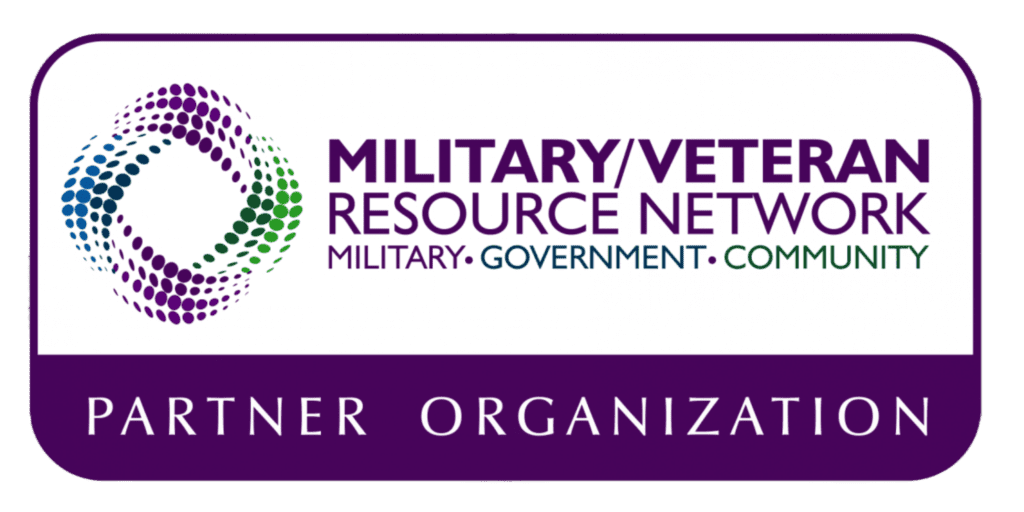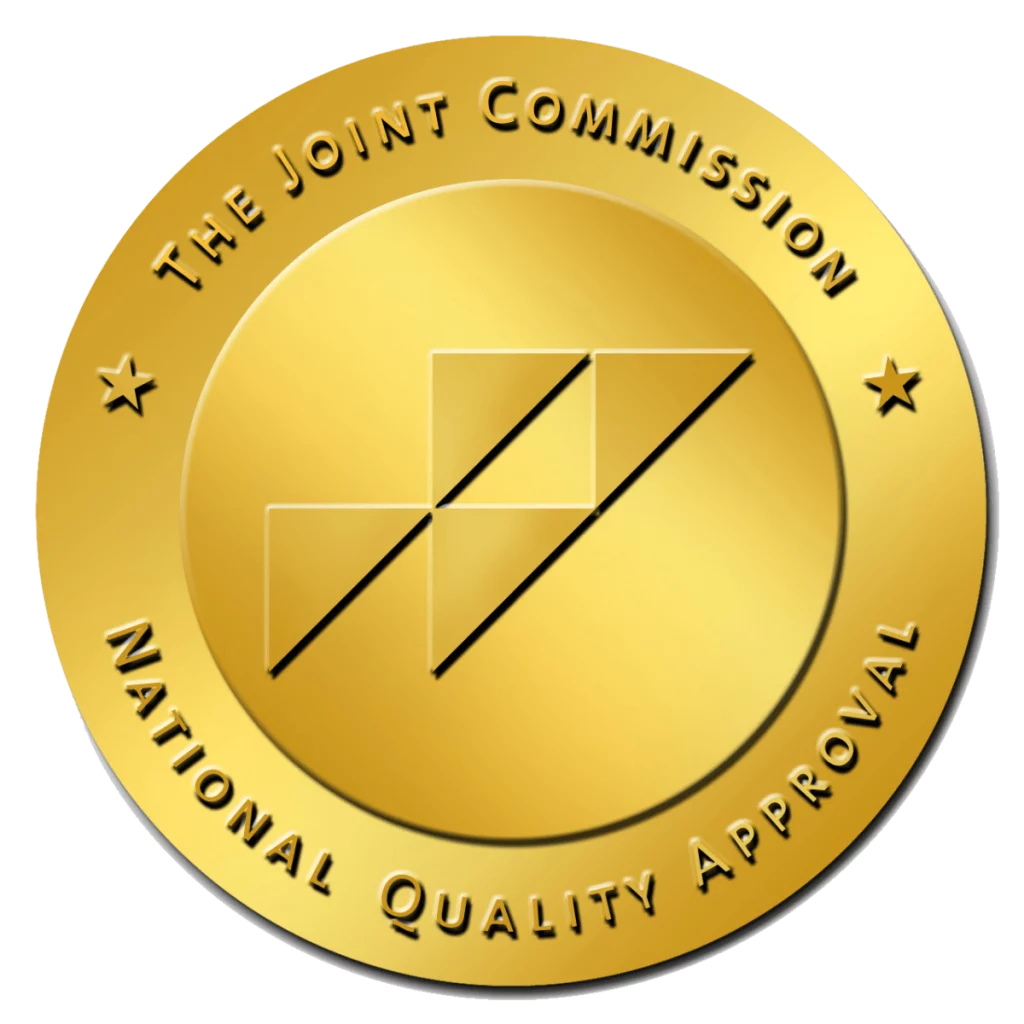Your child, spouse, or close friend is suffering from addiction. They come to you for help, asking for money to pay the rent. They ask you to tell their boss they were helping you when they should have been at work. You don’t want anything bad to happen to them, so you continue to give them what they ask for, hoping things get better soon.
A person with a substance use disorder isn’t able to stop using on their own, especially if dependence forms. The more times you “help” them by providing money or support, the further they sink into their addiction. It’s not your fault they are unable to stop using substances, but if you are enabling their addiction, you could be putting their life on the line.
It is never easy to say no to someone you love who desperately needs help. Yet it may be better to give them a different type of help.
What Are the Dangers of Enabling a Person with Addiction?
How can paying a loved one’s rent hurt them? You don’t want them to lose their home or their job. Here’s the problem: when you support them financially or by covering their responsibilities, you’re supporting their addiction.
They had the money for rent, but they used it to pay for drugs or alcohol. When you give them that rent money, you’re enabling them to use their own money to continue to fund their addiction.
Enabling impacts your health, too.
How many nights are you up late worrying? How much stress have you suffered, and how has it affected your energy level and mood? Though it feels imperative to focus on the health and well-being of the person with the substance use disorder, it’s equally important to consider your own health.
Many people who struggle with enabling are also facing physical and mental health difficulties on their own. Ask yourself what you’re giving up in order to enable your loved one. For example, your behavior is likely straining family relationships. Over time, enabling worsens the family dynamic in many ways:
- There’s arguing within your family because not everyone agrees on how to help the individual with the addiction.
- You’re frustrated because you have to work so much harder to support their needs.
- Your loved one with addiction lashes out at you when you don’t help them, often making insulting or hurtful statements as they do.
These dynamics are likely to continue until you find a way to stop the problem. It’s not easy, but you can do it.
How to Stop Enabling but Still Help Your Loved One
- First, ask yourself these questions: Are your actions contributing to your loved one’s mental and physical health or allowing them to continue to decline? Does your way of helping encourage your loved one to make a change and get treatment? If the answers are no, refuse to help in that way.
- Then, offer an alternative. You might say, “If you call this treatment center and talk with an admissions counselor, I’ll pay your rent this month. I’ll also pay your rent while you are in treatment.” In this way, you are helping them make the change they need to make to save their life.
- Stop making excuses for your loved one when they miss an appointment, are late to work, or don’t show up for their child’s needs. Instead, be honest. Don’t lie for them any longer. Let those close to them know what’s really happening.
- Confront them about their addiction. This is the hardest part, but confronting your loved one is necessary. It allows you to tell them what you see happening and what must change. It’s a way for you to prepare your loved one for the boundaries you will set so that you no longer enable them.
- Don’t make threats or ultimatums that you do not plan to keep. It’s likely that you will need some moral support to stick to the boundaries you need to set. Consider working with a therapist or trusted mentor yourself or as a family. When your loved one starts to believe that you mean what you say, they will be more likely to take the first step toward treatment.
Watching Them Suffer Is Hard
Many parents and other loved ones find it crushing to watch the person they love so much going through such hard challenges. Yet, the sooner you stop enabling, the sooner they will realize they need help from a professional. Be brave and heartfelt in taking this step. Reach out to Canyon Vista in Mesa, Arizona, for help. We’re here to help you through this process.










